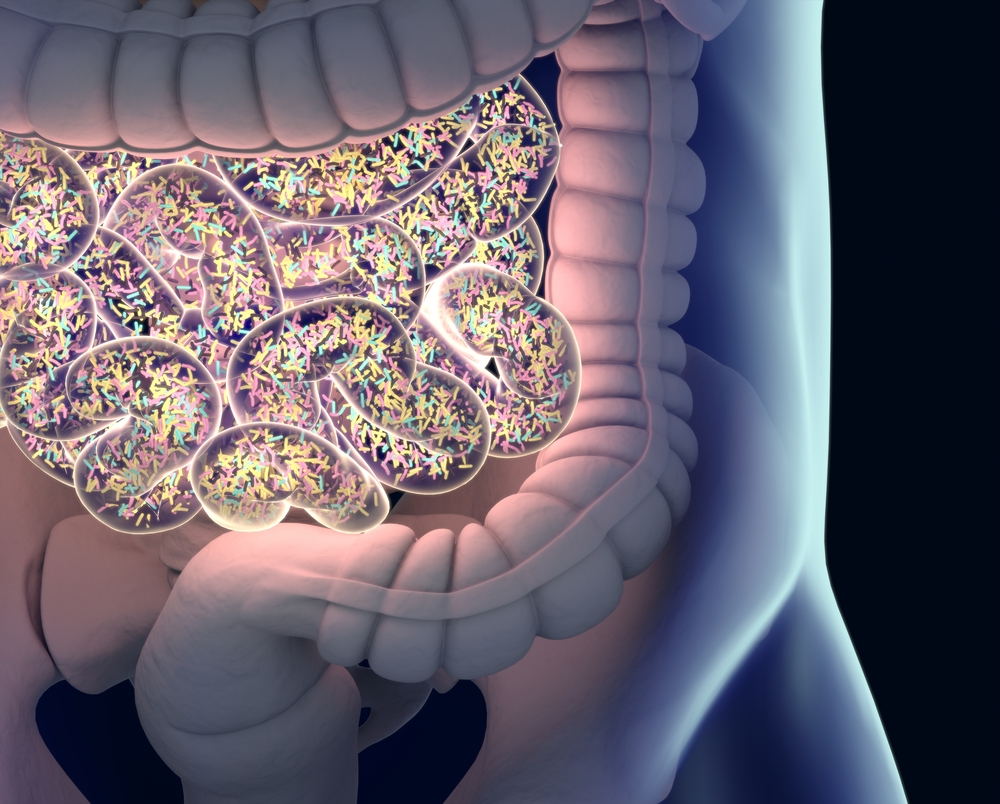Eradication of Helicobacter pylori Infections Could Ease Gut Symptoms, Motor Dysfunction in Parkinson’s Patients, Study Suggests

Eradicating Helicobacter pylori infections could improve motor function, ease gut symptoms and increase levodopa’s effectiveness in Parkinson’s patients, according to a review study.
The research, “Stomaching the Possibility of a Pathogenic Role for Helicobacter pylori in Parkinson’s Disease,” was published in the Journal of Parkinson’s Disease.
While a small subset of Parkinson’s cases have genetic causes, most cases are sporadic, with unknown environmental causes. Gastrointestinal symptoms such as constipation precede motor complications, suggesting that the disease might start in the gut and subsequently spread to the brain along the brain-gut axis.
This has been observed in rats, where injection of alpha-synuclein fibrils — the major component of Parkinson’s characteristic Lewy bodies — into the gut induced Parkinson’s-related pathology.
Chronic infections with H. pylori affect half the world’s population and may cause gastritis, ulcers, and stomach cancer, as well as various gastrointestinal symptoms. A greater occurrence of ulcers in patients with Parkinson’s was first reported in 1961. More recently, a link between H. pylori and Parkinson’s has been shown, with consistent reports of higher risk for Parkinson’s in people infected with this type of bacteria.
The research team reviewed all major studies that discussed the possible link between H. pylori and Parkinson’s, which led to four key findings:
- Having Parkinson’s increases by 1.5 to 3 times the risk of H. pylori infection.
- H. pylori infection worsens motor function in Parkinson’s patients.
- Eradication of H. pylori with triple therapy improved motor function in Parkinson’s patients compared to infected patients in clinical studies.
- Eradication of H. pylori improved gut absorption and increased plasma levels of Parkinson’s gold-standard treatment levodopa in patients. Research had shown that H. pylori binds to levodopa, preventing it from reaching the brain and reducing its effectiveness
As for pathways linking this bacterial infection with Parkinson’s, the researchers provided three possible explanations besides impaired levodopa effectiveness. One explanation is that bacterial toxins produced by H. pylori or alterations to the body’s own molecules such as cholesterol can damage neurons.
Want to learn more about the latest research in Parkinson’s Disease? Ask your questions in our research forum.
The infection can also cause a massive inflammatory response in the stomach, which would become systemic, cross the blood-brain barrier (BBB) — a semipermeable barrier that protects the brain — and worsen Parkinson’s symptoms and pathology. H. pylori could also reach the brain by colonizing immune cells that cross the BBB themselves.
Finally, H. pylori may disrupt the normal gut microbial population, or microbiota, altering inflammatory mediators that predispose a person to Parkinson’s disease.
“Our conclusion is that there is a strong enough link between the H. pylori and Parkinson’s disease that additional studies are warranted to determine the possible causal relationship,” David J. McGee, PhD, the study’s lead author and a professor at the Department of Microbiology and Immunology, LSU Health Sciences Center-Shreveport, said in a press release.
Although current evidence suggests that “eradication of H. pylori or return of the gut microflora to the proper balance in [Parkinson’s] patients may ameliorate gut symptoms, L-dopa malabsorption, and motor dysfunction,” scientists still have little information on whether H. pylori infection “is a predisposing factor, disease progression modifier, or even a direct cause of [Parkinson’s]”, the authors wrote.
Specifically, future studies should explore the interactions of H. pylori with neurons and levodopa, the role of H. pylori toxins, how inflammatory responses to H. pylori may contribute to Parkinson’s; how these infections affect motor function, the role of the bacteria in changing the gut microbiota, and how H. pylori eradication eases Parkinson’s symptoms and improves treatment efficacy.






